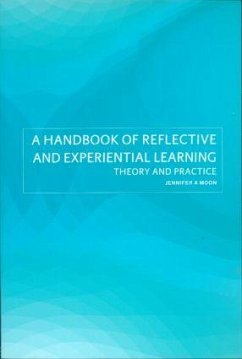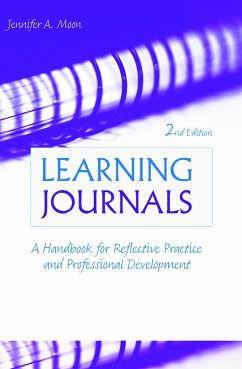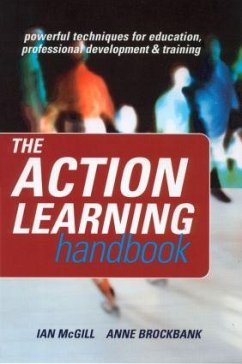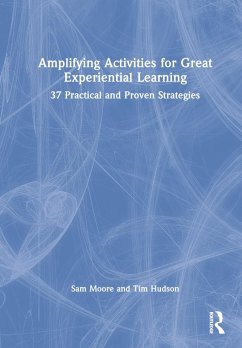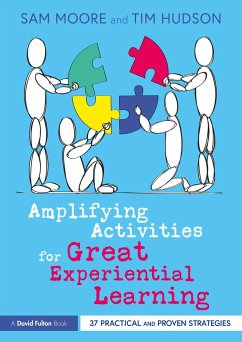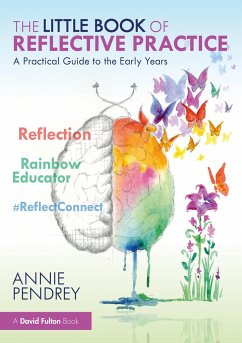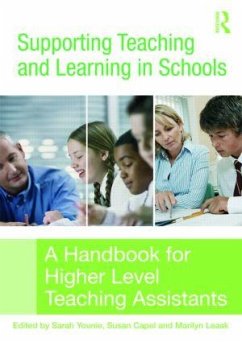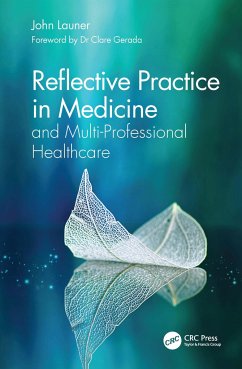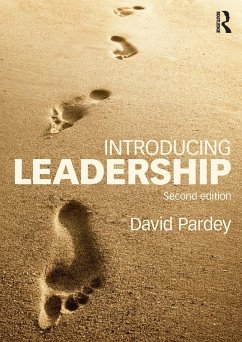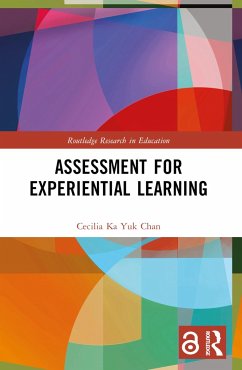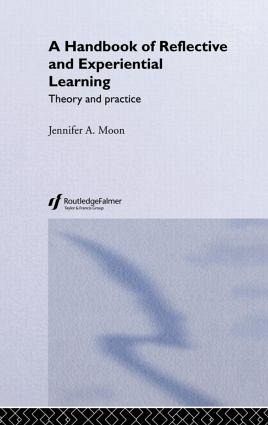
A Handbook of Reflective and Experiential Learning
Theory and Practice
Versandkostenfrei!
Versandfertig in 1-2 Wochen
232,99 €
inkl. MwSt.
Weitere Ausgaben:

PAYBACK Punkte
116 °P sammeln!
Reflective and experiential learning are now common currency in education and training and are recognized as important tools. This handbook acts as an essential guide to understanding and using these techniques in educational and training contexts.





